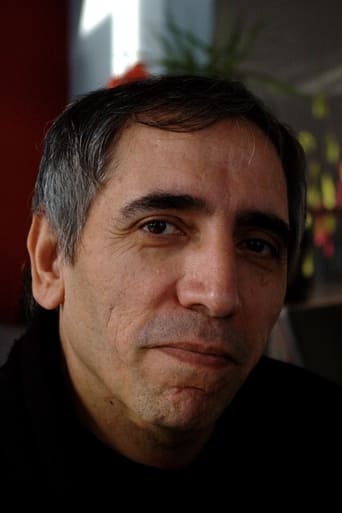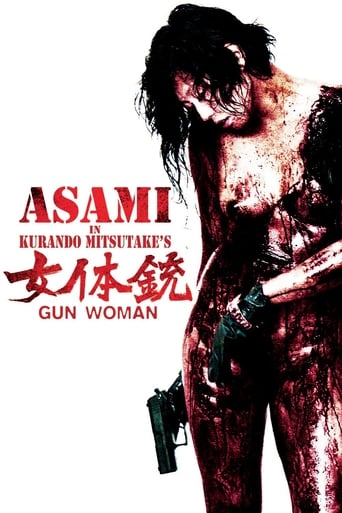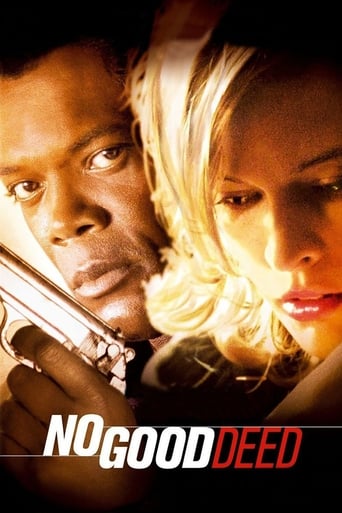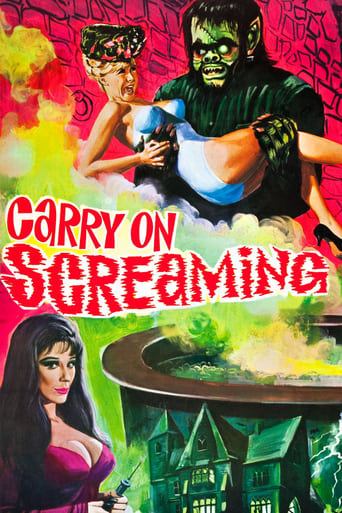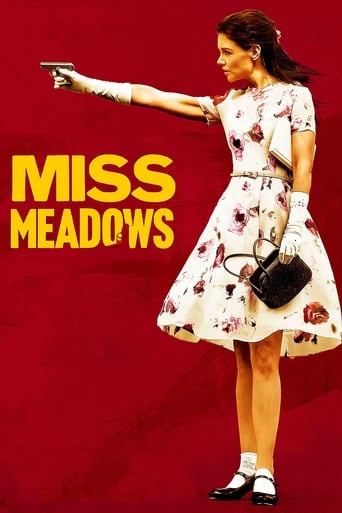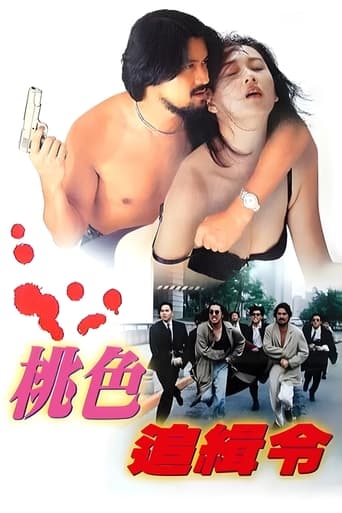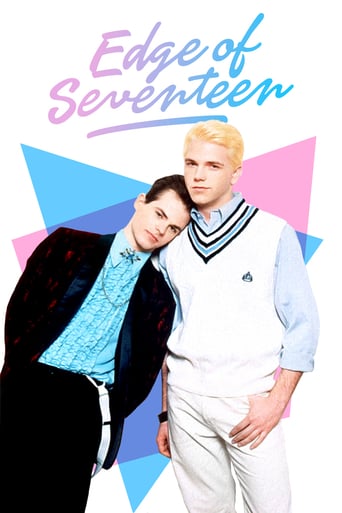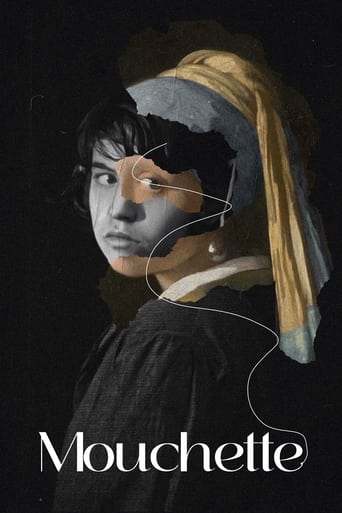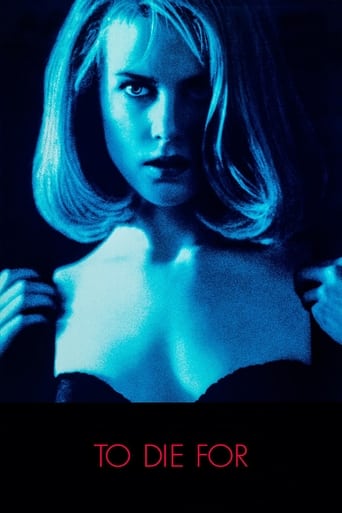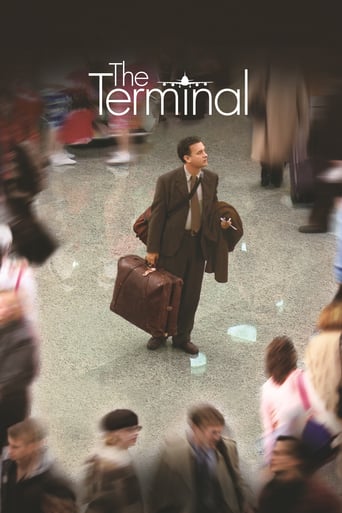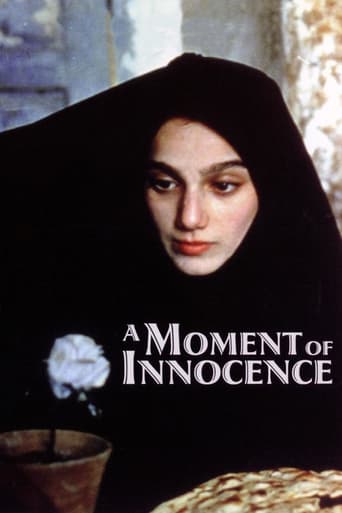
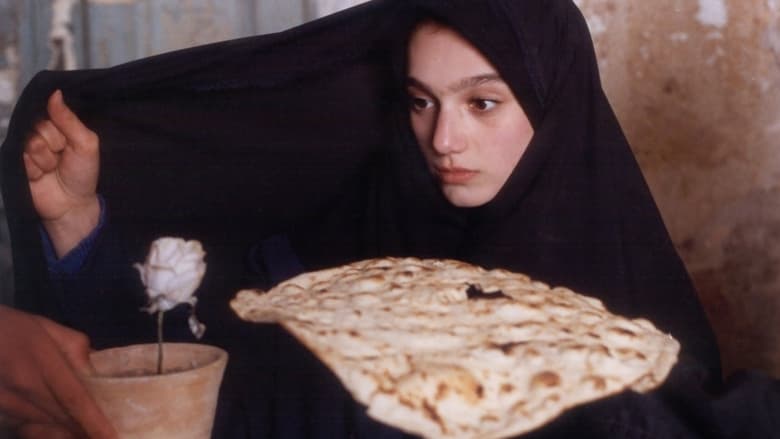
A Moment of Innocence (1996)
A semi-autobiographical account of Makhmalbaf's experience as a teenager when, as a 17-year-old, he stabbed a policeman at a protest rally. Two decades later, he tracks down the policeman he injured in an attempt to make amends.
Watch Trailer
Cast


Similar titles
Reviews
Strong and Moving!
Just what I expected
Highly Overrated But Still Good
Fresh and Exciting
A Moment of Innocence, or The Bread and the Flower Pot, closely recalls fellow Iranian director Abbas Kiarostami's Close-Up, which also sough to recapture real life with its own dramatic conviction. In his own retelling of the story of a politically charged attempt to disarm and take a policeman's gun in his youth, Mohsen Makhmalbaf has created something so unique and so layered that it at first baffles the mind. Makhmalbaf wields the camera with an intent to retell faithfully and truthfully, in true Cinéma vérité style - his stylistic choices represent a documentary that cannot tell lies, and yet it becomes increasingly unreliable. In once scene, he converses with the young actor who will play him in the car in long take, talking about everything from future ambitions to romantic crushes, and it puts on a mask of genuineness. They approach his cousin's household to ask if her daughter will play a part in the film. As the girl goes to serve tea to the young actor, she suddenly whispers to him as if he has Mohsen himself, and they are planning the events that will lead to the fateful stabbing. It has suddenly becomes a moment of artifice without any stylistic or directorial indication. Another technique that Makhmalbaf plays with is one that Kiarostami also used in his 1999 film, The Wind Will Carry Us. While the camera films in wide shot and the characters walk further and further away, the sound levels do not adjust accordingly and realistically, but remain in our ears, as if they were right here next to us. Such a technique throws our objectivity up into the air; surely this must have been dubbed later? And near the end of the film Makhmalbaf will slowly add a musical soundtrack to dramatise the climatic encounter, and replace the still long takes with more dynamic follow shots and closeups. One thing that remains abundantly clear however is the amateur nature of the young actors.This tension is what makes the film tick. You see, both Makhmalbaf and the policeman seem to have entirely different accounts of what happened 20 years ago, and slowly they begin to realise this as they are in the process of recapturing those events. The policeman wants a tall, handsome young actor to portray him, and sulks when he does not get his way. He vigorously coaches the kid on how to properly play himself, and freely interrupts the filming process to criticise and adjust (and Makhmalbaf also freely layers perspectives of the camera onto each other). And yet, the artifice does shine through. Twice, the policeman storms off, the second after that tumultuous discovery that the 20 years of longing for the girl had been all for nothing, a lie to keep him awake. Makhmalbaf does not attempt to document these emotions in closeup, yet he is also eager to use the soundtrack to imitate the reaction. And he does not relent when he has the actors right in front of him; the policeman feigning suicidal thoughts after the discovery, and the young Mohsen breaking into tears and refusing to commit the violence of the past.This becomes the key to that breathtaking final freeze frame. Makhmalbaf seeks to recreate the truth, but has become aware of the impossibility of filming an objective, unbiased version of the past. That politically charged activist youth is no more, and the post-revolution mindset becomes clear in the young actor's ideals of saving mankind, but not through violence. And in the young policeman, who does not want to wield the gun to shoot, even if both are just artificial constructs. So they instead offer the bread and the flower pot, a symbolic blossoming of the new generation, and a testament to the ability of film to be able to reconcile and transform the reality of these weary old men.
As if fellow Iranian director Kiarostami's exemplary intertwining of fact and fiction of a Makhmalbaf real-life story in "Close-Up" weren't enough, Makhmalbaf himself ups the ante of creative filmmaking a few years later: Focus is a moment in his young idealistic life where he stabbed a guard during the Iranian revolution, resulting in several years of jail time for him before he eventually emerged as one of the leading Iranian filmmakers. But it's not just an autobiographical detail he wants to shed light on, Makhmalbaf films a documentary on top of a pseudo-documentary (or is it the other way round?), it's a heavily symbolic re-interpretation of what happened, why and how, a look into an aspect of reality. In the process a transcendence of the actual situation ensues with an almost mythical truth buried in the film's final scene. Makhmalbaf accomplishes the feat by re-enacting said moment with no other than the actual stabbed guard (now out of money), who coaches a young actor to play himself - while the former guard is being filmed by the director doing so. Simultaneously to that Makhmalbaf casts actors meant to portray his own perspective of the events, not without revealing insights, and the whole effort culminates in the filming of that crucial stabbing scene: Welcome to a film in a film, a reality in a reality, a blending of fact and fiction in a most fruitful and enlightening way, social, historical and political commentary included. How much of what ended up on screen was actually planned, is for the viewer to decide, but if you're looking for creative minds Makhmalbaf's use of the medium will keep you enthralled throughout."Excuse me, what time is it?" we hear Makhmalbaf's accomplice ask the guard at the end of the film, the air pregnant with suspenseful anticipation of what is going to happen. So, what time is it? It's two decades after the original incident and an Iranian filmmaker has just delivered his masterpiece. And when the moment arrives the picture freezes, saving a moment in time for eternity that could only happen on film. But in a way, it's all real.
Despite its technical flaws here and there, due to the (in)capabilities under which Iran filmmakers have to work -as I'm told-, it would not be an exaggeration to name this film one of the best of all times.While reflecting or hinting at several 'layers' of personal and social conflicts and dilemmas roaming the daily lives of the youth and eld, native and universal, of the present and the past as well with a striking and effective language; at the same time it makes the viewer laugh one's guts out with the natural and fluent comedy. I daresay Chaplin style.(Spoiler ahead) Aside from the magnificent bread and flower moment at the end, one of the best scenes is when the girl rushes into a watch repairer's shop filled up with hundreds of watches and clocks, asks the time and is answered "I don't know, these are all broken, we repair them here!" (Paraphrased.)Don't miss it.
(WARNING - CONTAINS MILD SPOILER)The film ultimately freezes on the pivotal moment: the girl (a decoy, although the policeman didn't know it and had interpreted her proximity as romantic interest) in the middle; the soldier holding out the flower he wanted to give her; the young Makhmalbaf holding out the bread under which is shielded the knife with which the policeman was stabbed. An image of classic composition, frozen but alive with movement; the simplicity of the bread and the plant resonating against our knowledge of the underlying political tension (the young Makhmalbaf a radical protesting against the Shah; in one scene he and the girl talk idyllically of serving as parents to six billion people and of planting flowers in Africa).The film has a distinct melancholy - the adult policeman has a sense of wastage about the 20 years since then; finicky about his role in the film; although the theme of recreating old selves through the young actors has a strong undercurrent of renewal and redemption. And of course the film is about cinema itself, with the distinction between the filmmaking process and the film within the film, and between actors and directors, often provocatively unclear - this notion, amply explored in other works, is not where the film's greatest value lies specifically, although the restrained intertwining of cinema, politics, self-renewal and gentle anecdote is intriguing in this unfamiliar context.


